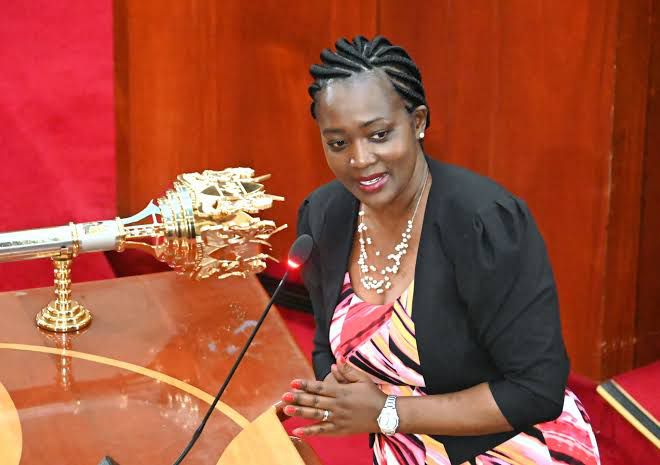In the lead-up to the inaugural Africa Climate Summit scheduled in Nairobi from September 4th to 6th, allegations of an agenda hijack by global think tanks are gaining traction, prompting a swift denial by the Kenyan government.
The summit, aimed at addressing pressing climate issues for the continent, has been challenged by a coalition of 360 African Civil Society organisations (CSOs) claiming undue influence on its agenda by external entities.
The core concern of the CSOs centres around the alleged involvement of McKinsey and Company, a US-based consulting firm perceived to represent the interests of Western powers and corporations. They argue that the summit’s aspirations should be grounded in African perspectives and priorities rather than shaped by global think tanks.
Kenya’s Cabinet Secretary for Environment, Climate Change, and Forestry, Soipan Tuya, has categorically rejected these claims, reaffirming that the summit is a platform for Africa’s voices and concerns. Tuya acknowledged the presence of partners, including civil society organisations and consulting firms, asserting that their contributions are vital to the global nature of climate issues. However, she emphasised that Africa’s priorities remain at the forefront.
“This is an African Climate Summit,” Tuya stated firmly in a press briefing, dismissing allegations that the summit’s agenda had been co-opted by external forces.
With registrations surpassing 13,000 from 126 countries and 15 African Heads of State and government confirmed to attend, the summit carries substantial weight.
It is anticipated that the outcomes of the summit will significantly influence Africa’s positioning in global climate dialogues, impacting the upcoming UN general assembly, UN climate negotiations (COP28), and other crucial international forums.
Despite the controversy, the summit reflects Africa’s resilience and determination to address climate change issues head-on. The continent bears the brunt of climate impacts despite contributing minimally to greenhouse gas emissions. With climate activists expecting the summit to amplify Africa’s concerns and demands, the stage is set for a dynamic dialogue that could shape Africa’s climate priorities on the global stage.
Josefa Sacko, African Union Commissioner for Agriculture, Rural Development, Blue Economy, and Sustainable Environment, underlined the importance of addressing debt-related challenges compounded by the impact of COVID-19 and an inequitable international monetary system. “We want to drive a green growth and climate finance solution for Africa,” Sacko noted.
As Africa grapples with its unique climate struggles, the Africa Climate Summit becomes a crucial platform for the continent to assert its voice, engage in dialogue, and advocate for its climate agenda. The ensuing discussions promise to be a reflection of Africa’s determination to secure a sustainable future amidst challenges.

